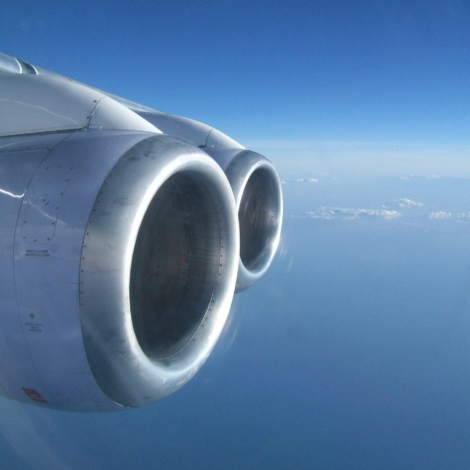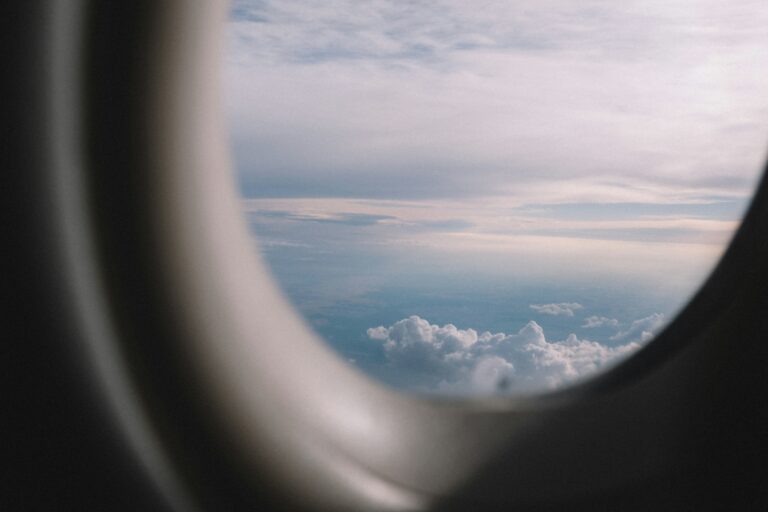The UK-based Firefly Green Fuels is developing sustainable aviation fuel made from fecal sludge. The company announced a £5 million equity investment by the Hungarian airline Wizz Air earlier this year. Now Firefly plans to supply green aviation fuel to the airline starting in 2028, up to 525,000 tons over 15 years. Compared to fossil fuels, this green biofuel could save the equivalent of 1.5 million tons of carbon dioxide (CO2-eq).
Sustainable aviation fuels are scaling worldwide
Sustainable aviation fuels made from biomass are a solution that is scaling up around the world. The US Department of Energy issued a multi-agency Sustainable Aviation Fuel Grand Challenge in 2022 that plans to accelerate research and development, with the goal of producing 35 billion gallons per year by 2050.
Aviation produced 2.4 percent of global carbon dioxide emissions in 2018. Put another way, if aviation were a country it would have been the sixth largest producer of greenhouse gases in the world according to rankings in 2019.
A snapshot of Firefly’s process
Firefly’s process, hydrothermal liquefaction (HTL), employs high pressure and heat at reduced energy levels, making it suitable to process wet waste. Through HTL, sewage is transformed into crude oil and biochar.
Biochar serves as an option for carbon sequestration, finding applications in construction and agriculture, particularly as a soil enhancer.
Through a proprietary process, the crude oil is refined into aviation fuel. Independent testing has found that its performance is nearly indistinguishable from fossil fuel, according to Firefly.
“Firefly will facilitate a step change towards the future of air travel. The feedstock, sewage sludge, is available in vast quantities globally and with Firefly we can put it to a truly beneficial use, reducing the use of fossil fuels in the hardest to decarbonize areas,” James Hygate, CEO of Firefly Green Fuels, said in a statement.

